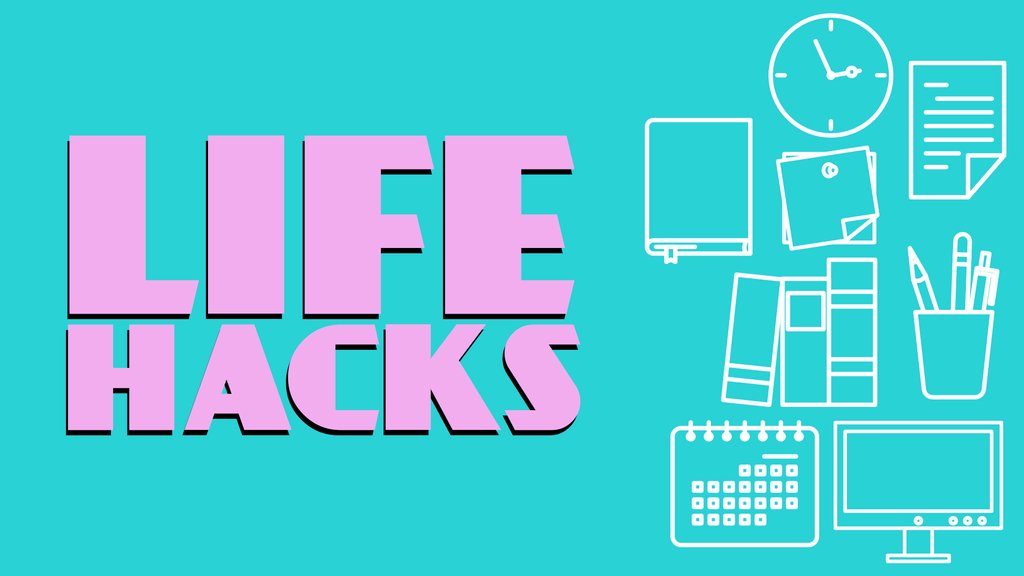Sleep deprivation is an overlooked condition that numerous people, especially Nigerians, suffer from. Not having enough sleep has some obvious symptoms, however, some are deeper and not easily linked like others. A continuous lack of sleep will lead to other risks that can be terminal as they include terminal diseases. The causes of sleep deprivation are not far fetched, but a sleep deprivation treatment should be sourced to avert further damage.
Sleep Deprivation
Sleep deprivation is a condition in which an individual does not get enough sleep. Also called insufficient sleep, sleep de[rivation could be acute or chronic, however, vary vastly in severity. Though not an official sleeping disorder, the lack of sleep adversely affects the brain and cognitive function. Sleep deprivation causes numerous conditions just as much as it is caused by other factors. Sleep deprived individuals are at risk of diseases such as type 2 diabetes, heart diseases, stroke, obesity, poor immune function and more. The lack of alertness can also lead to accidents on the road, in the workplace, home environment etc. Good sleep is indeed the pillar of health.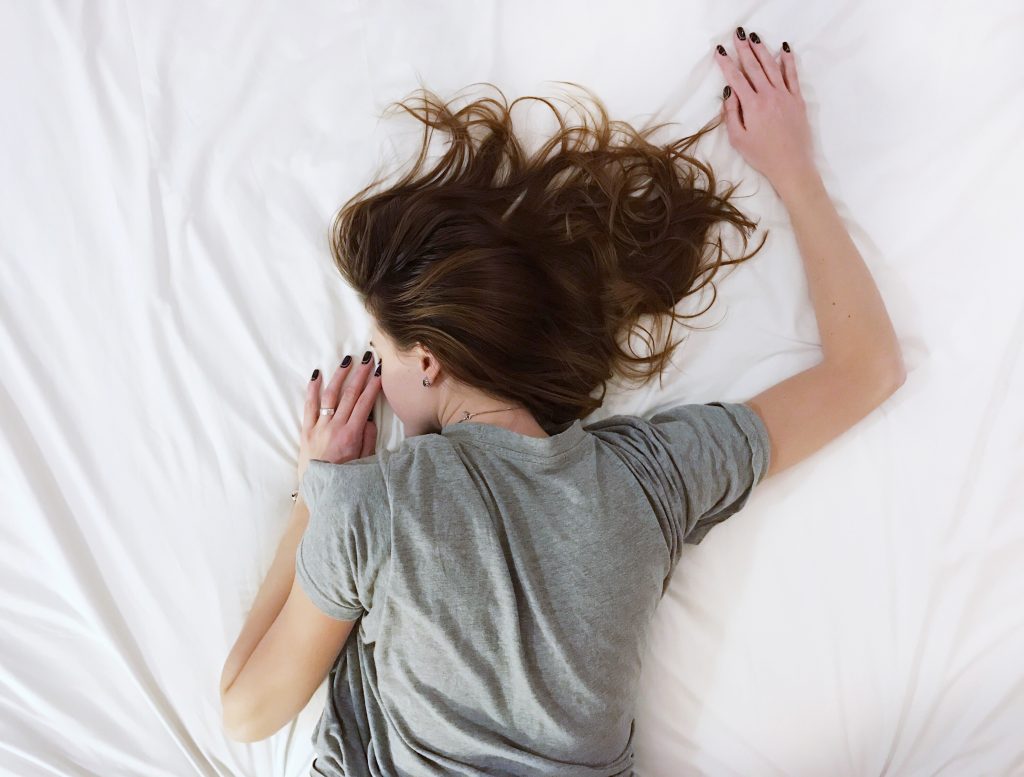
Sleep Deprivation Symptoms
- Yawning
- Fatigue depressed mood
- Lack of motivation
- Forgetfulness
- seizures]
- Moodiness
- Temper tantrums
- Violent behaviour
- Difficulty learning
- Inability to concentrate
- irritability
- depressed mood
- clumsiness
- increased appetite and carbohydrate cravings
- reduced sex drive
Sleep Deprivation Causes
It may seem inaccurate to say sleep deprivation causes because there is one major cause of sleep deprivation, insomnia. However, there are many reasons why people would deprive themselves of sleep. In a country like Nigeria, the majority has no choice as that is the only way to make ends meet. In a city like Lagos, where traffic plagues the citizens, the fear of traffic and lateness to work, especially on the mainland to island trips and vice versa, will leave you sleeping for barely 4 hours in a day, which is very unhealthy.
More
In other cases, some individuals just do not like to sleep. Somehow they believe sleeping is a waste of time so they turn to sleep deprivation, unknown to them, the effects that be. Asides disregarding the importance of sleep, bad habits cause people to engage in sleep deprivation. On the part of the youths, especially high school and university students, binge-watching movies, TV shows and partying, keeps them up at night. These young individuals need to get up and be in class between the hours of 7 to 9 and some do not get to sleep.
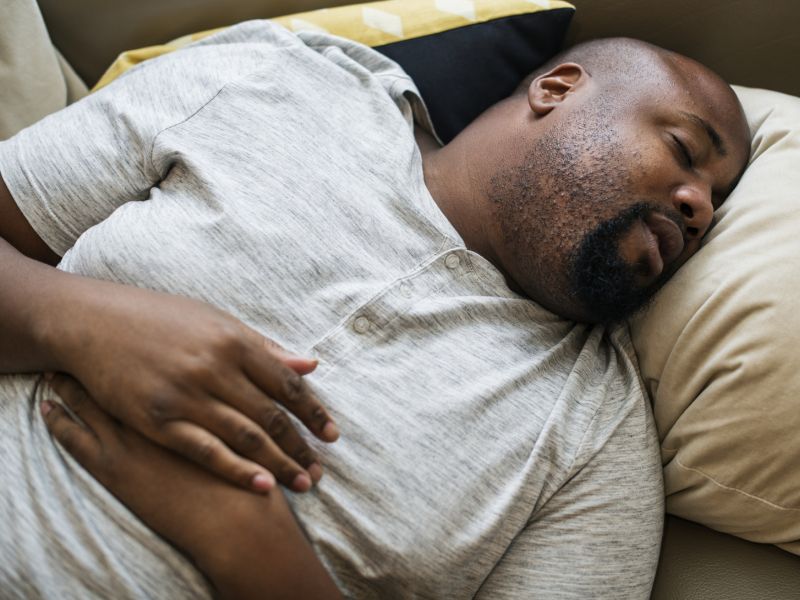
Lifestyle
Lifestyle is another way to intentionally engage in sleep deprivation. These lifestyle choices are made more often than not on the holidays. Summer days and Christmas nights are packed with the best hangouts and parties. At this time you have people partying three days straight with little or no rest. The concerts end at 5 am, get home at 7 and they will be up at 12 to get ready for the next one. It is a toxic cycle.
Family obligations
More inclined to the home, family obligations can be regarded as an unintentional sleep deprivation effort. Especially in a home where there is a newborn, the guardians are less likely to get enough sleep due to the troubles of putting them to sleep at night and taking care of the home all day. A sleepless baby is the beginning of sleep deprivation.
Body clock
Believe it or not, some people have what is called a body clock. For the lucky ones, their body clock coincides with external timing. A mismatch of these two entities is what brings about jet lag. As much as some people try to get enough sleep, their body clock just would not allow it. Endeavour to read up more on sleep deprivation causes and speak to your doctor as it is important for a healthy life.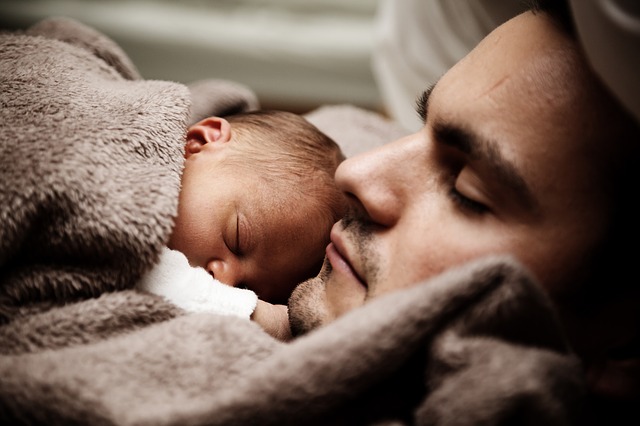
Treatment
Sleep deprivation treatments are pretty straight forward and easy to understand. The treatment options are dependent on the cause and nature of your condition. There are two main treatment methods for sleep deprivation, behavioural and cognitive measures and medication. Now, it is important to note that sleep deprivation treatment is only required when an individual is unable to sleep due to physical or psychological issues.
Behavioural and Cognitive Treatments
Behavioural and cognitive treatments are alternative sleep deprivation treatment for medication. This method deploys different techniques to induce sleep.
Cognitive Behavioural Therapy (CBT): This is a type of therapy built to aid people in changing and understanding the thought patterns behind certain behaviours, which could be bad habits. It challenges beliefs that are not healthy and encourages positive and rational thoughts.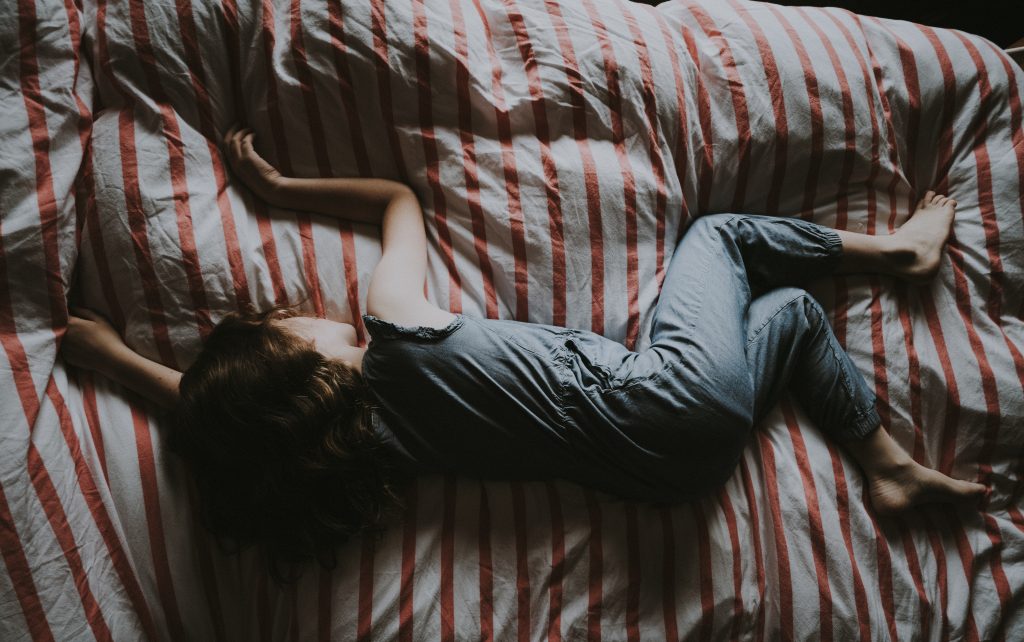
Relaxation techniques: this involves progressive muscle relaxation. The individual is required to tense and relax different muscles in the body to calm the body. Breathing exercises, mindfulness training, meditation techniques and guided imagery can also help in this area. Available are soothing audio recordings are available that can help a person fall asleep at night. Some people may seek ASMR videos or audio for that soothing feeling.
Stimulation control: Stimulation control involves the control of pre-bedtime activities and surroundings to moderate a sleeping pattern.
Medications
Drugs are readily available that can help induce sleep, however, it is unfortunate that in some countries, most if not all of these drugs can be bought over the counter without a prescription. It is important to explore other avenues of sleep deprivation treatment before looking to medications with the help of a licenced professional. Some drugs are available over the counter at any pharmacy, however, it is important to know which ones. others are only available with a valid prescription. A limited dosage is important to prevent dependency on sleeping medications.





